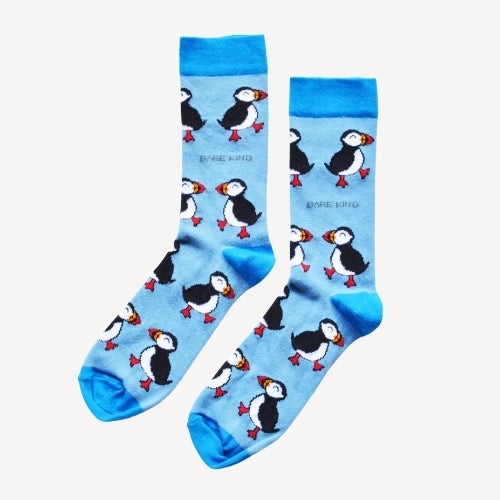2. Capybara
The capybara's name originates from Old Tupi, a historic language spoken by indigenous peoples in parts of Brazil. The word kapi'iûara, meaning 'grass eater', is made up of kapi'i (grass) and gûara (eater). The term entered English in the 18th century via the Portuguese who had settled in South America. Other animal names we got from South American native languages through Portuguese include jaguar, piranha and macaw.

